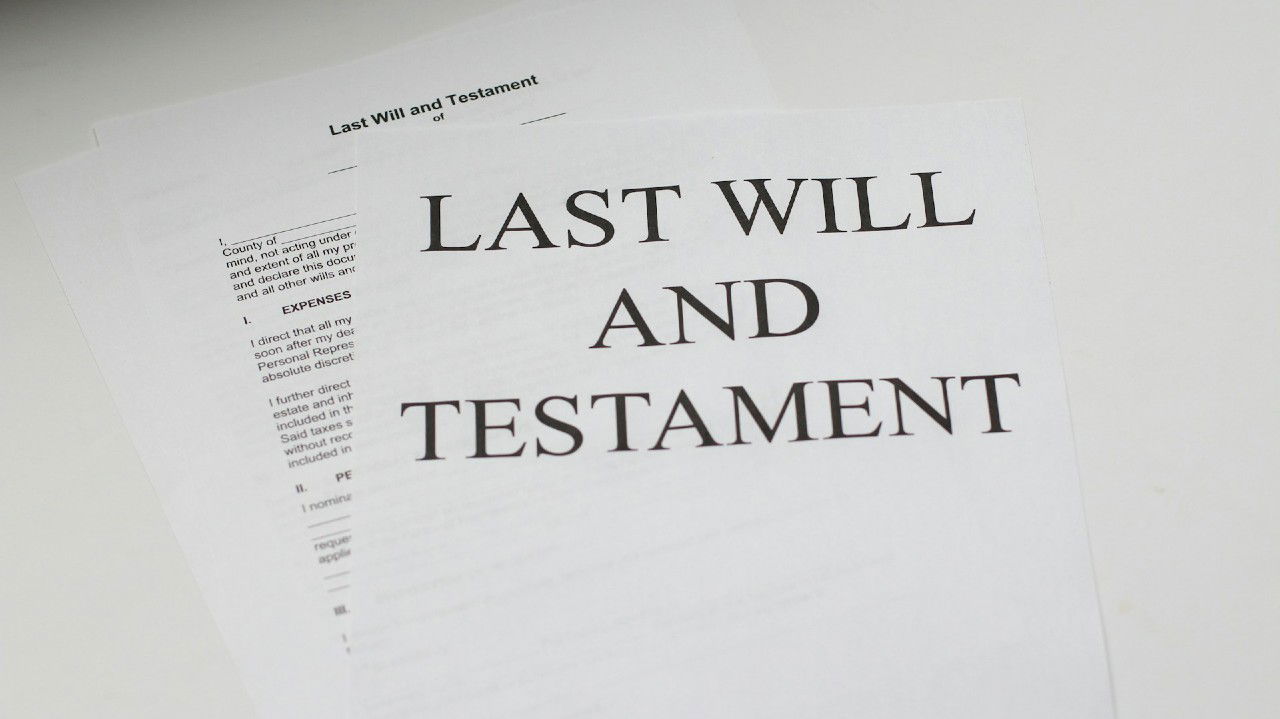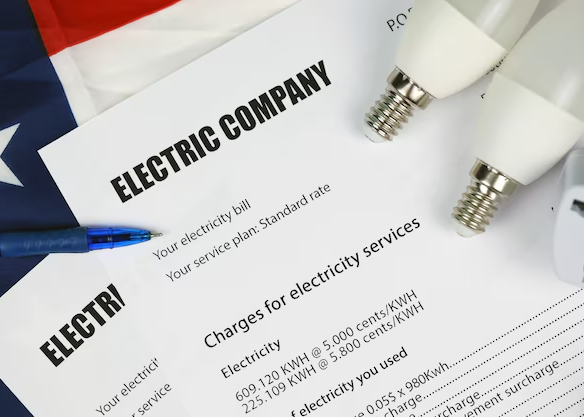When it comes to estate planning in Jamaica, writing a will is one of the most important tasks you can undertake. A will is the legal document that expresses your wishes concerning the distribution of your assets particularly real estate after you pass away. Without a valid will, your loved ones may encounter various complications, including delayed transfers of property, legal disputes, and added emotional stress.
For real estate owners, the stakes are even higher. Land, houses, and other types of property can be significant investments. Having a well-drafted will ensures that your property is distributed exactly as you intend, reducing uncertainties and safeguarding the financial interests of your beneficiaries. Below, we look at the essential steps, legal requirements, and practical tips for creating a valid will in Jamaica.
Table of Contents
Understanding the Importance of a Will
A will (sometimes referred to as a “Last Will and Testament”) is a written statement that clearly outlines how your assets are to be distributed once you pass away. This document takes effect only upon your death. If you die intestate (without a valid will), Jamaican law will determine how your property is allocated, and this may not align with your personal preferences.
Key Benefits of Having a Will
- Clarity and Control: You decide who inherits your real estate, minimizing family conflicts.
- Reduced Legal Complexity: Beneficiaries avoid lengthy court procedures associated with distributing assets when no will exists.
- Guardianship of Minors: Parents can appoint legal guardians for their minor children in the will, ensuring their long-term well-being.
- Protection for Loved Ones: You can include trusts or conditional clauses to provide for family members with special needs or circumstances.
Jamaican Legal Framework for Wills
The Wills Act (1840) governs the creation and execution of wills in Jamaica. While the laws have been updated over time, the original Wills Act remains the foundation. According to Jamaican law:
- Age Requirement: You must be at least 18 years old to make a valid will.
- Sound Mind: You must be of sound mind, which means understanding the nature of a will and the extent of your assets and obligations.
- Freedom from Undue Influence: The will must be written without coercion, fraud, or force.
- Written Format: Wills must be in writing handwritten, typewritten, or computer-printed. Verbal or recorded instructions are not legally sufficient.
When it comes to real estate, it is especially important to describe the property accurately (e.g., include address, title reference numbers, volume and folio numbers, or unique identifiers) so there is no ambiguity about what is being transferred.
Core Elements of a Valid Will
A valid will generally includes the following key elements:
- Title and Opening Statement
- Typically begins with a statement such as, “This is the Last Will and Testament of [Your Full Name].”
- Revocation Clause
- Ensures that any previous wills or codicils (amendments to a will) are revoked.
- Appointment of Executors
- You designate one or more executors (up to four in Jamaican law) responsible for carrying out the will’s instructions. It is often recommended to choose at least two executors in case one is unable or unwilling to serve.
- Distribution of Assets (Bequests and Devises)
- This is where you outline who gets what, especially crucial for real estate. Include specific details such as the property address and any defining legal descriptions.
- Residuary Clause
- A “catch-all” clause that addresses any property or assets you did not specifically list in the will.
- Guardianship Clause (if relevant)
- If you have minor children, you can name guardians to ensure their care after your passing.
- Signature and Witnesses
- Jamaican law requires that you, the testator, sign at the foot or end of the will in the presence of at least two witnesses (both present at the same time). Then the witnesses must also sign in your presence.
Failure to follow these formalities can result in your will being deemed invalid by the courts.
Special Considerations for Real Estate
Describing Your Property
Real estate descriptions must be precise. Instead of saying “my house,” it is wise to reference the official title or deed information (volume and folio numbers, or other identifying information). Doing so helps avoid legal disputes and confusion among beneficiaries.
Mortgages and Liens
If your property is under a mortgage or has other legal encumbrances, you should clarify who will be responsible for any outstanding payments. In some cases, you may designate funds from your estate for settling debts tied to the property before it is passed on to a beneficiary.
Conditions and Trusts
You can set up a trust within your will if you wish to “tie up” real property for the benefit of a beneficiary (e.g., a minor child) until they reach a certain age. This approach provides additional control over how and when real estate assets are used or transferred.
Who Can Be an Executor?
An executor is the person charged with ensuring the instructions in your will are carried out. While you have considerable freedom in selecting an executor, here are a few guidelines:
- Trustworthiness: Choose someone with integrity who can responsibly handle financial and administrative tasks.
- Willingness to Serve: It is important to inform potential executors in advance to confirm they are willing to undertake the role.
- Location: In many cases, appointing an executor who resides in Jamaica can be more convenient, especially when dealing with local processes such as probate.
You can name beneficiaries as executors. However, you must ensure they are capable of administering your estate and that no conflict of interest will arise.
The Process of Making a Will
Step 1: Take Inventory of Assets
Compile a thorough list of your assets:
- Real Estate: Land, houses, condominiums, or commercial properties.
- Financial Assets: Bank accounts, insurance policies, stocks, and bonds.
- Personal Property: Vehicles, jewelry, artwork, and other valuables.
Document where any titles or important documents are stored (e.g., a home safe, bank deposit box, or with an attorney).
Step 2: Identify Beneficiaries
Decide who should inherit your property. Beneficiaries can be individuals (e.g., spouse, children, other family members) or organizations (e.g., charities, schools, or religious institutions).
Step 3: Choose Executors (and Guardians if Necessary)
- Executors: Ideally, name two (2) or more individuals in case one cannot serve.
- Guardians for Minors: If you have minor children, designate a guardian and clearly state their name, address, and relationship to you.
Step 4: Draft the Will
You can draft the will yourself or consult an attorney-at-law. While hiring a lawyer is not strictly required by law, it is highly recommended if your estate is complicated (e.g., multiple properties, trusts, or business partnerships).
Step 5: Sign and Witness the Will
Follow Jamaican legal requirements precisely:
- Sign at the End: You, the testator, must sign the document at the foot or end.
- Two Witnesses: Have at least two witnesses present at the same time. They must see you sign, and then they sign in your presence.
- Avoid Beneficiaries as Witnesses: While recent legal amendments can allow a beneficiary to be a witness, this can introduce complexities. It is usually recommended to select witnesses who are not receiving anything under the will.
Step 6: Store the Will Safely
Keep the original will in a safe, easily accessible location. Notify your executors or close family members where the will is stored. Consider placing copies in sealed envelopes with instructions on the will’s whereabouts.
Changing or Revoking a Will
Life circumstances change; marriage, divorce, new children, or acquiring additional property and your will may need to reflect these events. You can change your will at any time, but ensure changes are made properly:
- Codicil: A legal document used to make simple modifications to an existing will.
- New Will: If multiple or substantial changes are needed, it is usually better to make an entirely new will and clearly revoke the old one.
- Marriage and Revocation: In Jamaica, if you marry after creating a will, your will is automatically revoked unless it explicitly states it was made in contemplation of that marriage.
Probate: Bringing Your Will into Effect
Probate is the legal process by which a will is validated by the Supreme Court of Jamaica, and the executor is granted authority (via a Grant of Probate) to administer the estate. Key steps include:
- Locate the Will: The executor must first locate and secure the original will.
- File Legal Documents: The executor files an application for a Grant of Probate, along with the will, at the Supreme Court.
- Settle Debts and Taxes: Before distributing property, the executor must settle any outstanding debts, utility bills, or taxes.
- Distribute the Estate: Once the debts are cleared, the executor distributes the remaining assets—including real estate in accordance with the will.
Without probate, the instructions in the will cannot be legally enforced.
Common Mistakes to Avoid
- Vague Property Descriptions: Always be specific when describing real estate.
- Lack of a Residuary Clause: A catch-all clause ensures assets not specifically mentioned are distributed according to your wishes.
- Only One Executor: If the sole executor becomes unavailable, administration of the estate is delayed.
- Unsigned or Incorrectly Witnessed Wills: A will can be deemed invalid if legal formalities are overlooked.
- Forgetting to Revisit Your Will: Major life events, marriage, divorce, birth of a child—require an update to your will.
Conclusion
Drafting a will in Jamaica is essential for anyone who owns property, especially real estate. By following the guidelines outlined in the Wills Act and best practices related to describing your assets, selecting executors, and properly witnessing and signing, you can rest assured that your property will be passed on in accordance with your wishes.
Whether you own a modest family home or an expansive real estate portfolio, a properly executed will reduces stress for loved ones, helps avoid legal disputes, and ensures your final wishes are honored. If you are still unsure about any aspect of creating a will, seeking professional legal advice is highly recommended to navigate complexities such as mortgages, trusts, and taxes.
Here is a sample will you can download and use for guidance in a DIY will preparation,
Disclaimer: This article is meant for general informational purposes only and does not constitute legal advice. Real estate and inheritance laws can vary and are subject to updates. For specific legal advice regarding your estate, please consult a qualified attorney-at-law in Jamaica.
Do I Need a Lawyer to Draft a Will in Jamaica?
While it is not a legal requirement to hire an attorney-at-law, consulting one is strongly advised, especially if you have multiple properties, potential trusts, or other complex estate issues. A lawyer can help ensure your will meets all legal formalities under the Wills Act and is accurately worded to avoid disputes.
Who Can Witness My Will in Jamaica?
In Jamaica, at least two witnesses must be present when you sign your will, and they must also sign in your presence. Ideally, witnesses should be individuals with no direct interest in the will. Although recent amendments allow a beneficiary to witness a will under certain conditions, this can lead to legal complexities, so it’s best to choose disinterested parties as witnesses.
Can Marriage Revoke an Existing Will?
Yes. In Jamaica, marriage typically revokes any previously made will unless the will explicitly states it was created in contemplation of that marriage. If you get married or enter a new relationship that changes your estate-planning needs, it is crucial to update or create a new will to ensure it remains valid.
How Do I Update My Will After Acquiring a New Property?
You have two main options for updating your will:
Codicil: A legal addendum that modifies specific sections of an existing will.
New Will: If you have several changes, it might be simpler to make an entirely new will, explicitly revoking the old one.
Either way, ensure you meet all the witnessing and signing requirements to keep the updated document valid.
What Happens If I Die Without a Will in Jamaica?
Dying intestate (without a will) means the distribution of your estate will follow the rules outlined in Jamaican intestacy laws. This can lead to outcomes you might not have intended for example, certain relatives may inherit automatically, or some loved ones might be left out entirely. Having a valid will ensures you control who gets what and reduces legal complications for your family.





